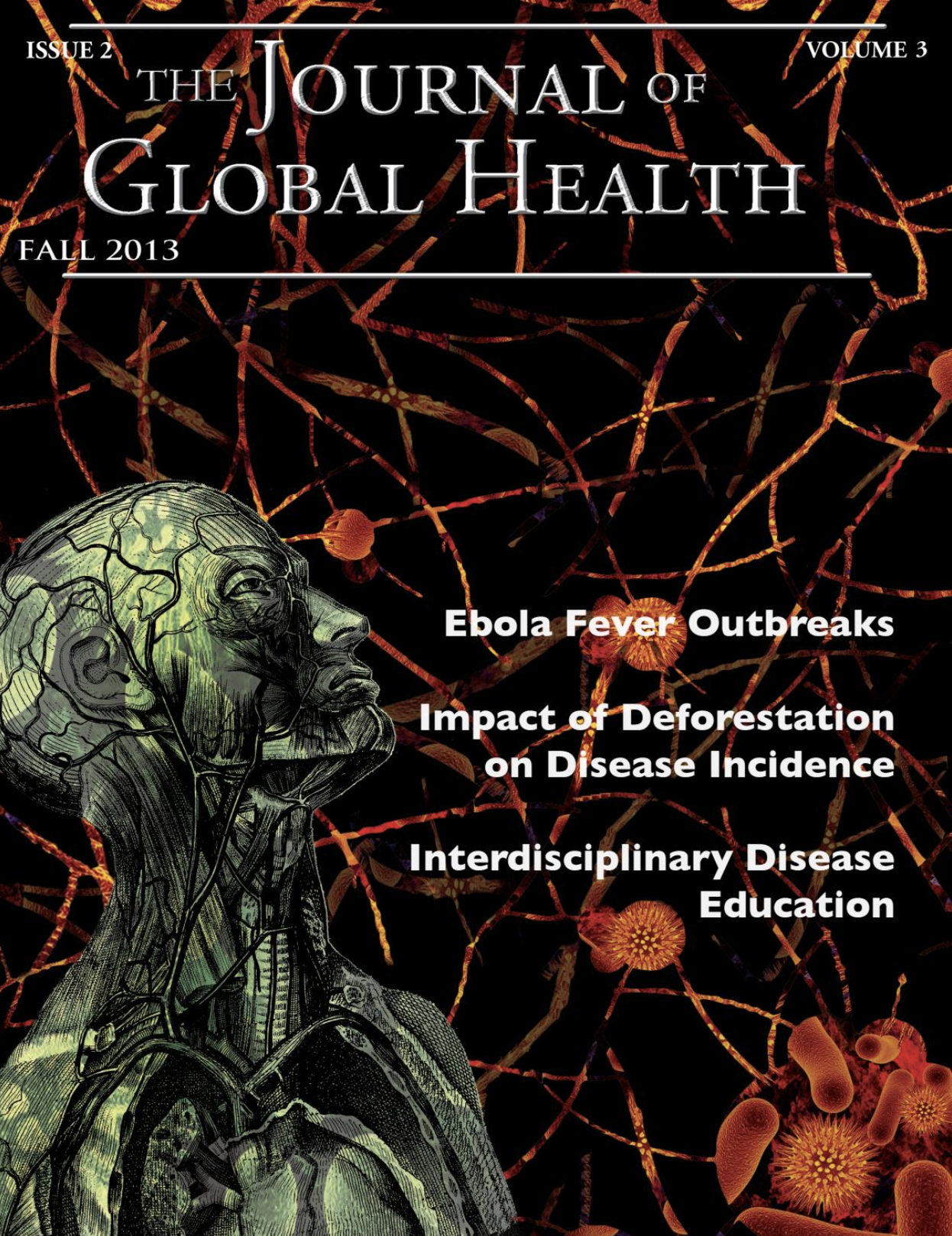Recommendations for Increasing the Efficacy & Coverage of the Rotavirus Vaccination Program in Ghana
Main Article Content
Abstract
Rotavirus is the most prevalent cause of severe diarrhea in children worldwide, accounting for up to 600,000 preventable deaths in young children each year. The burden of rotavirus is particularly high in sub-Saharan Africa, the site of 150,000 to 200,000 of these annual deaths. There are two live, oral rotavirus vaccines available globally: RotaTeq, administered in three doses and Rotarix, administered in two doses. In May 2012, Ghana became one of the first countries in the sub-Saharan region to administer a rotavirus vaccine, namely Rotarix. However, when comparing results of clinical trials conducted on children in developing nations to those conducted on children in higher-income nations, it is evident that there is a decreased level of success of rotavirus vaccines in Ghana and other developing nations. In Ghana, longer rotavirus infection seasons, younger ages of infection, poorer health and nutrition of children and decreased access to adequate healthcare are the most relevant obstacles to the success of the rotavirus vaccination program. Therefore, there is a need for a unique set of vaccine delivery strategies to maximize the success of the rotavirus vaccination program in Ghana. This paper explores the most relevant issues through literature reviews, in-person forums with mothers in Ghana and on-site interviews with the Head of Program Planning and Evaluation at Ghana’s Ministry of Health and a rotavirus expert from the University of Ghana’s Noguchi Memorial Institute for Medical Research. Recommendations for improving vaccine success in Ghana include administering a probiotic and micronutrient supplement with the vaccine and broadening age restrictions for the vaccine from eight months up to two years old. In addition, further studies should be conducted to evaluate the risks and benefits of a neonatal dose at two weeks of age, examine the potential impact of restricting breast-feeding 30 minutes before and after immunization and determine the safety and effectiveness of the vaccine in HIV-positive infants. Importantly, the investigation of new candidate vaccines may ultimately be necessary to provide protection against uncommon viral strains found at increasingly higher rates in children in developing nations. These recommendations aim to circumvent the challenges to vaccination to maximize performance of rotavirus vaccines in Ghana and in other developing nations worldwide.

